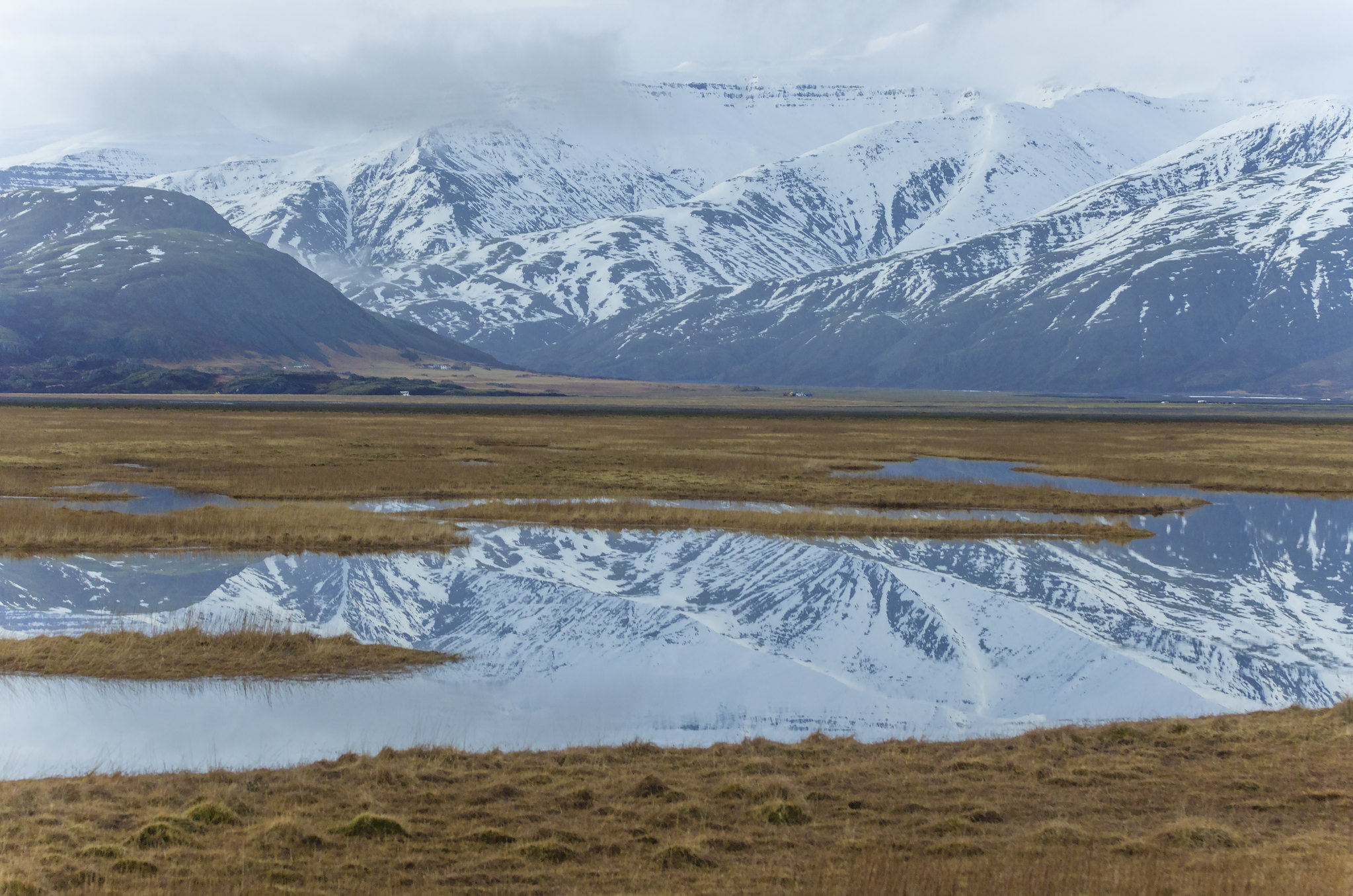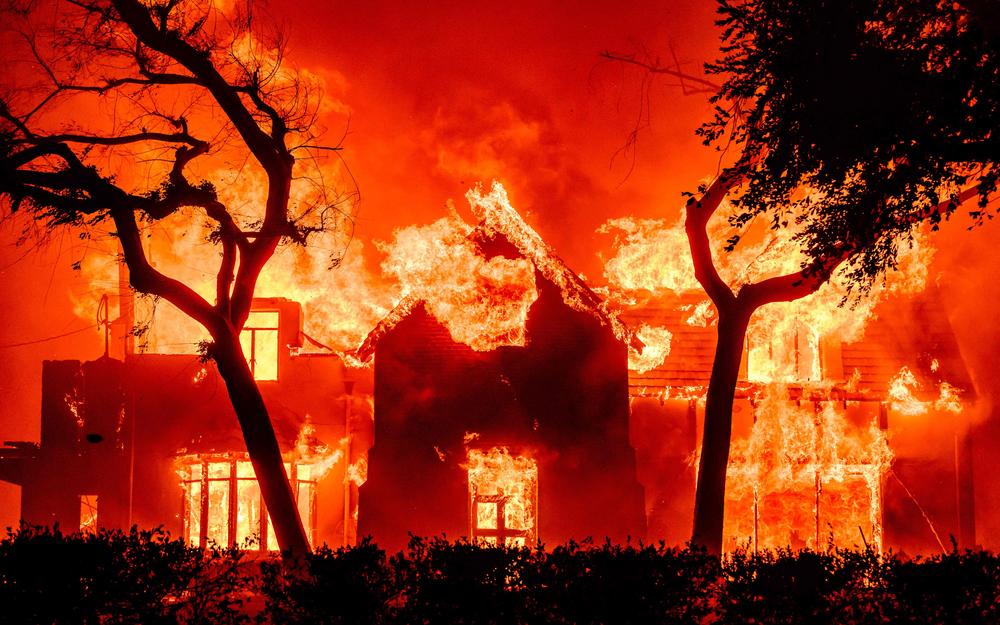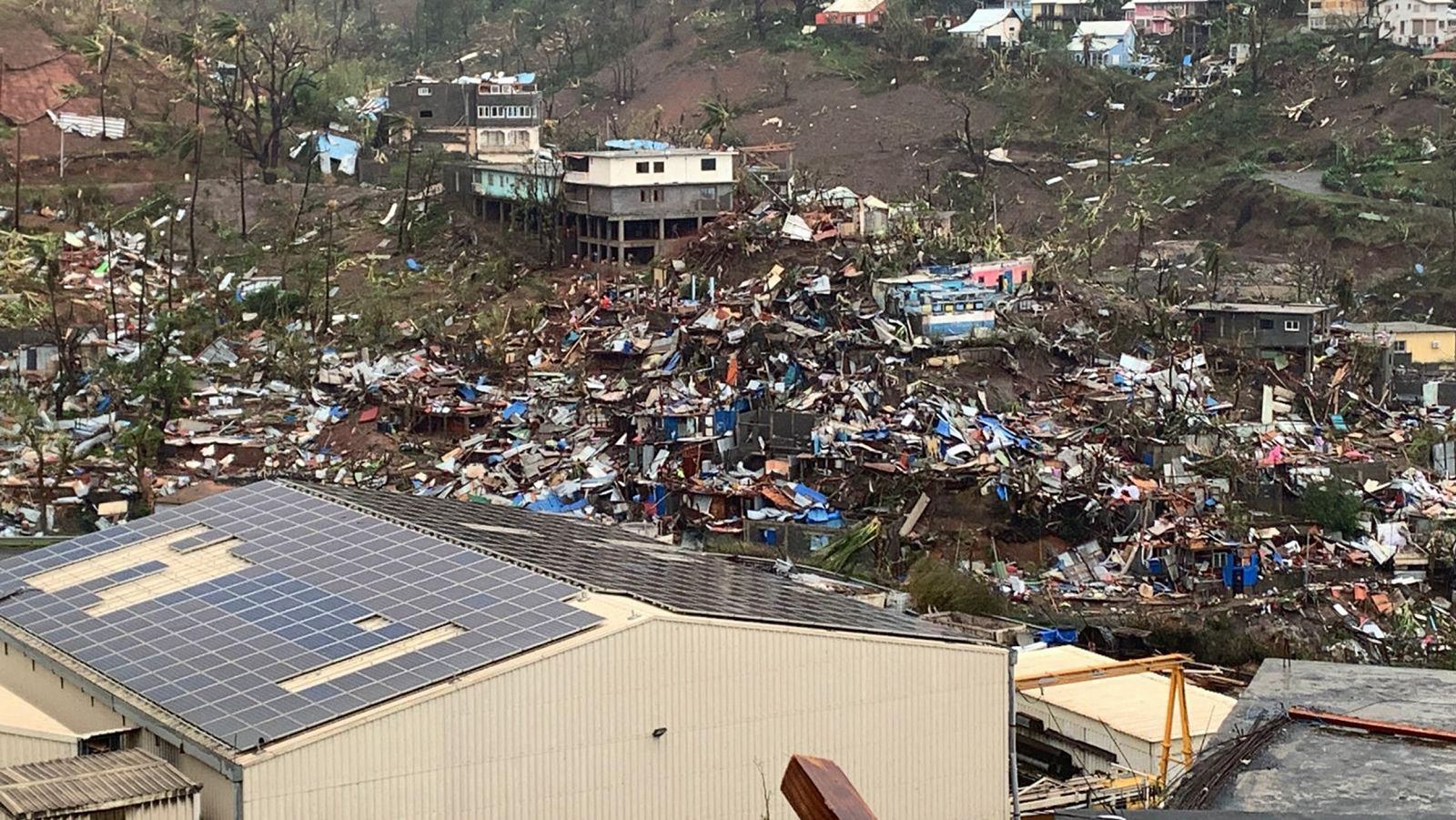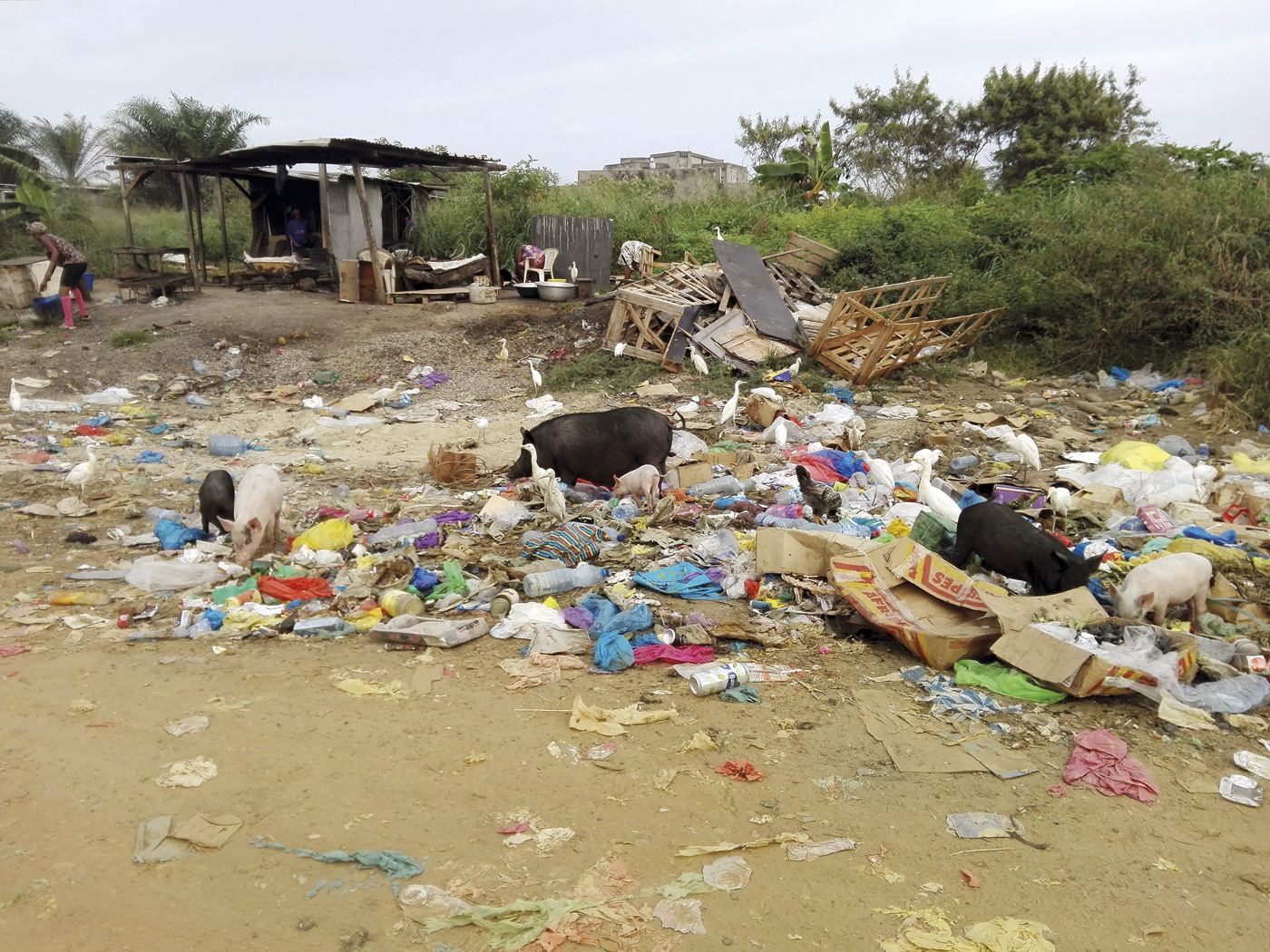Heat triples the death of older people in Europe by the year 2100
- This is the conclusion of a new study, provided that the current predictions on the increase in global warming are met. According to the UN, by the end of the century the temperature will increase by 3 degrees compared to the beginning of the twentieth century.

Today, cold kills eight times more people than heat in Europe, especially the elderly. If there is a 3 degree climb planned for 2100, in the future the cold will cause people to die less, but because of the heat, much more. The increase in deaths will mainly affect those over the age of 85, and taking into account the ageing of the population in Europe, this age group will increase significantly by that time.
This work was carried out by the European Commission’s Joint Research Centre and was published this Wednesday by the prestigious journal The Lancet Public Health. According to data from 1,368 regions in 30 European countries that have used to compare current data, current temperature oscillations in Europe result in the deaths of 407,538 people a year, of which 363,809 are related to cold and 43,729 to heat.
Cold deaths are expected to fall slightly to 2100, but heat deaths will triple across Europe, but especially in southern European countries such as Spain, Italy, Greece and France. Epidemiological and sociological data from 854 cities with over 50,000 inhabitants have been used for this projection.
Research limits
This is a high-quality study due to the amount of data handled and its elaboration, but the authors themselves acknowledge some limitations. They have analyzed death rates and the influence of heat and cold on them, but have not taken into account that they have also been improved and resources will be improved to minimize the effects of heat and cold, which will prevent many deaths. These improvements include infrastructure change and health care. However, those sectors of the population that do not have these improvements will be more vulnerable.
Warming continues
There is little doubt in the scientific community that climate change is taking place. And, moreover, it is clear that all of this is being produced by human action. There are many indicators of this, and the most significant are data from the IPCC, an international group that analyzes climate change. However, the negationism of climate change is also great today and although climate change is widely assumed in the community of international countries, not enough action is taken to curb it.
As a result, the strains continue to rise and many experts believe that the 1.5 degree barrier could be overcome by 2024, especially if the Child phenomenon intensifies this year. For example, researchers James Hansen, considered the sponsor of climate change, believed that his team announced this increase for this decade. That's the 1.5 degree limit that you would want to avoid by 2030 and you want to avoid a 2 degree increase by 2050.
However, for many experts, compliance with these two limits has already been considered impracticable, which will have very serious consequences for the living beings of the planet. There is much evidence of this, as seen at the climate change summits, but perhaps one of the most significant is the activity of those who continue to work with fossil energy: In 2023, banks, companies and governments in the sector raised a trillion euros to extract fossil energy from the subsoil, as Euronews revealed in this December 2022 news release.
The newspaper El Diario has also published an extract from the news. This publication also shows the evolution of temperature in the territories of the Spanish State from 1980 to the present - heat map -, observing that in the last 30 years in almost all territories there has been an increase in temperatures.
There was no one or all. That we all suffer at least if the necessary changes are not made so that no one suffers the climate emergency. You – reader – I – Jenofá-, they – poor – and they – rich. The fires in Los Angeles did not give me satisfaction, but a sense of... [+]
The understanding and interpretation of the mathematical language is what is important in the learning process, at least it is what we say to our students. The language of mathematics is universal, and in general, the margin of error for interpretation tends to be small. We... [+]
Recently, when asked what the climate emergency consisted of, a scientist gave the excellent answer: “Look, the climate emergency is this, you increasingly see on your mobile more videos related to extreme weather events, and when you realize, it’s you who are recording one... [+]
In recent weeks it has not been possible for those of us who work in architecture that the climate phenomenon of Valencia has not been translated into our work discourse. Because we need to think about and design the path of water in decks, sewers, plazas and building parks. We... [+]









-(1).jpg)












